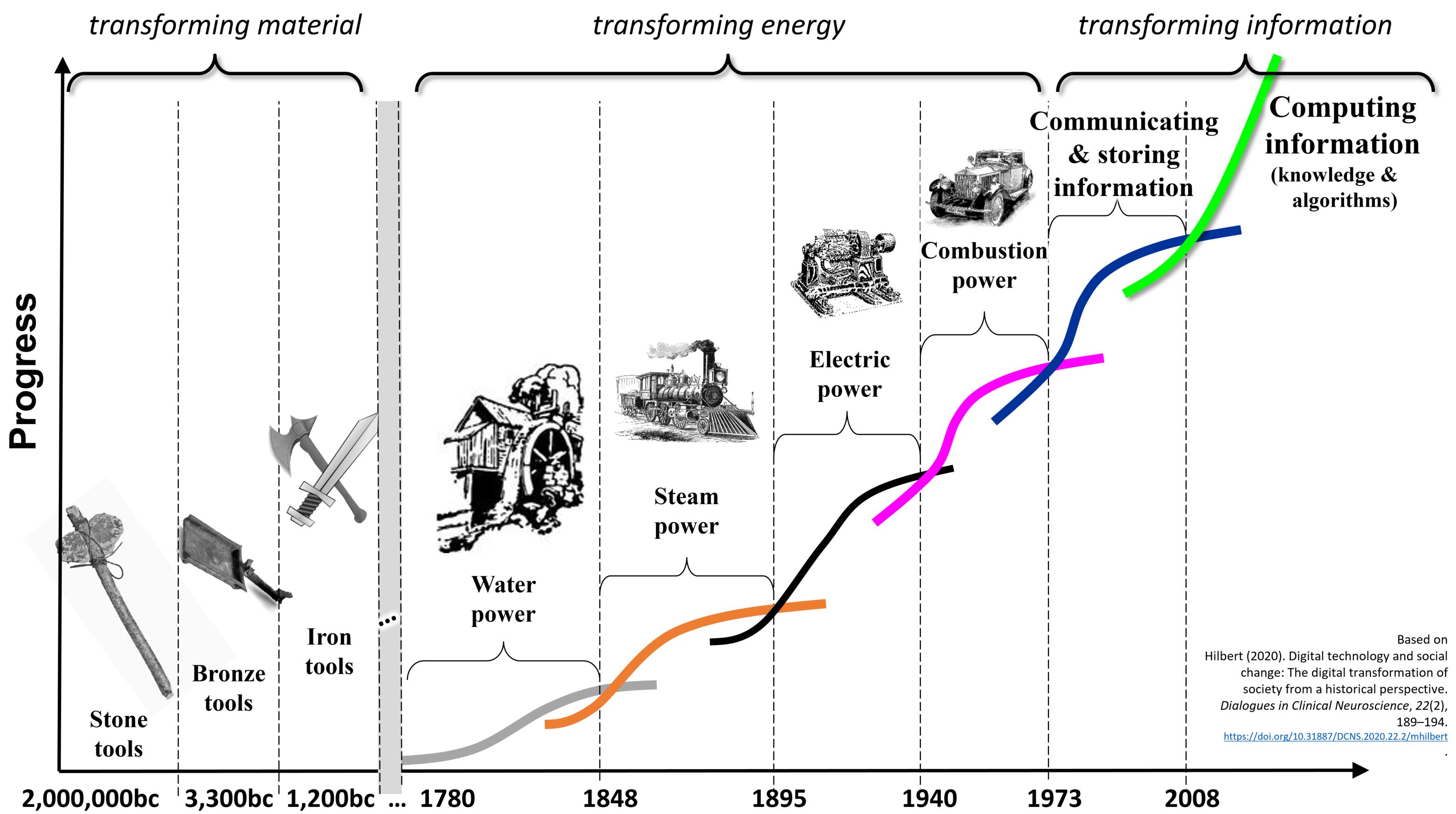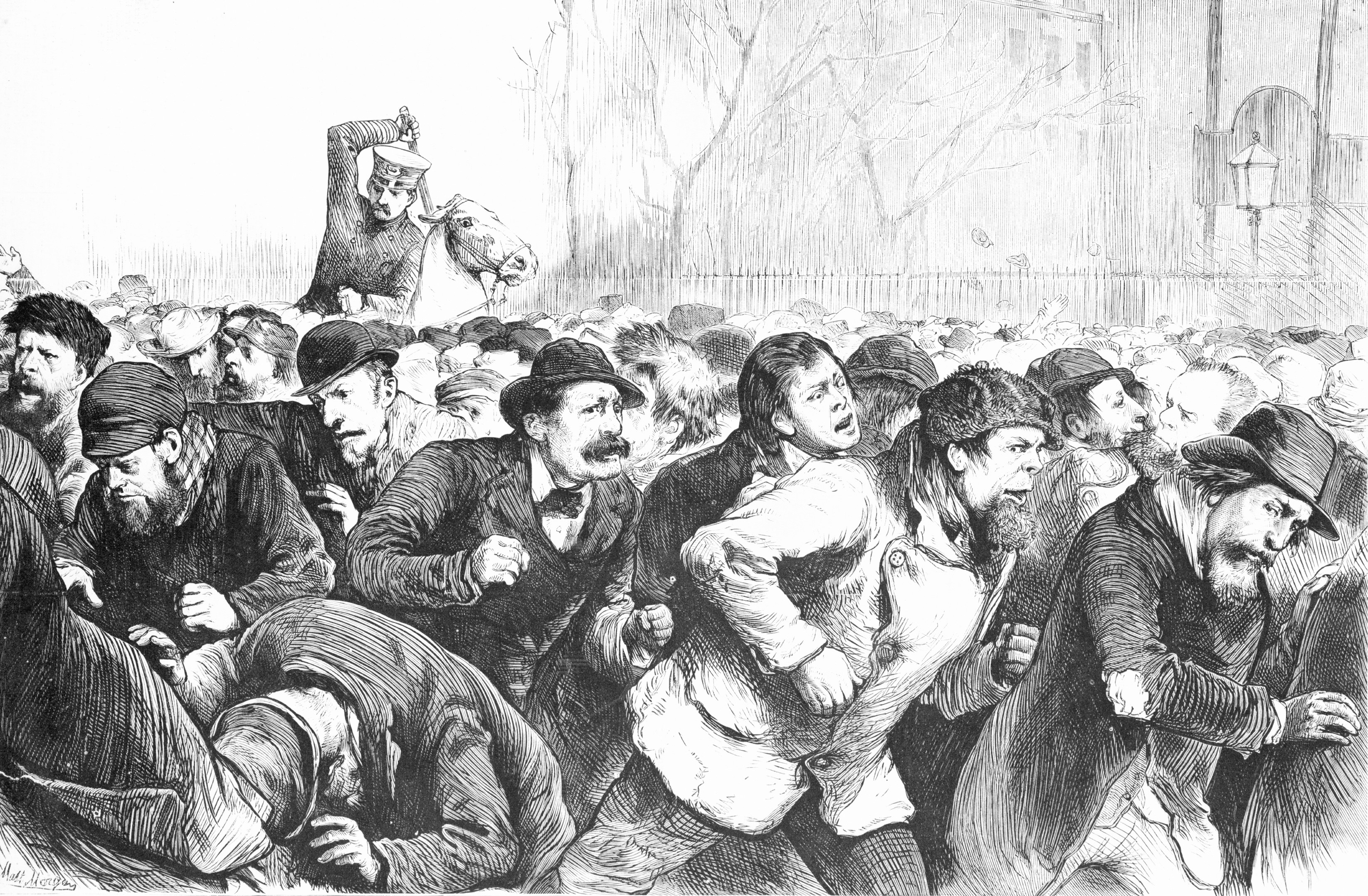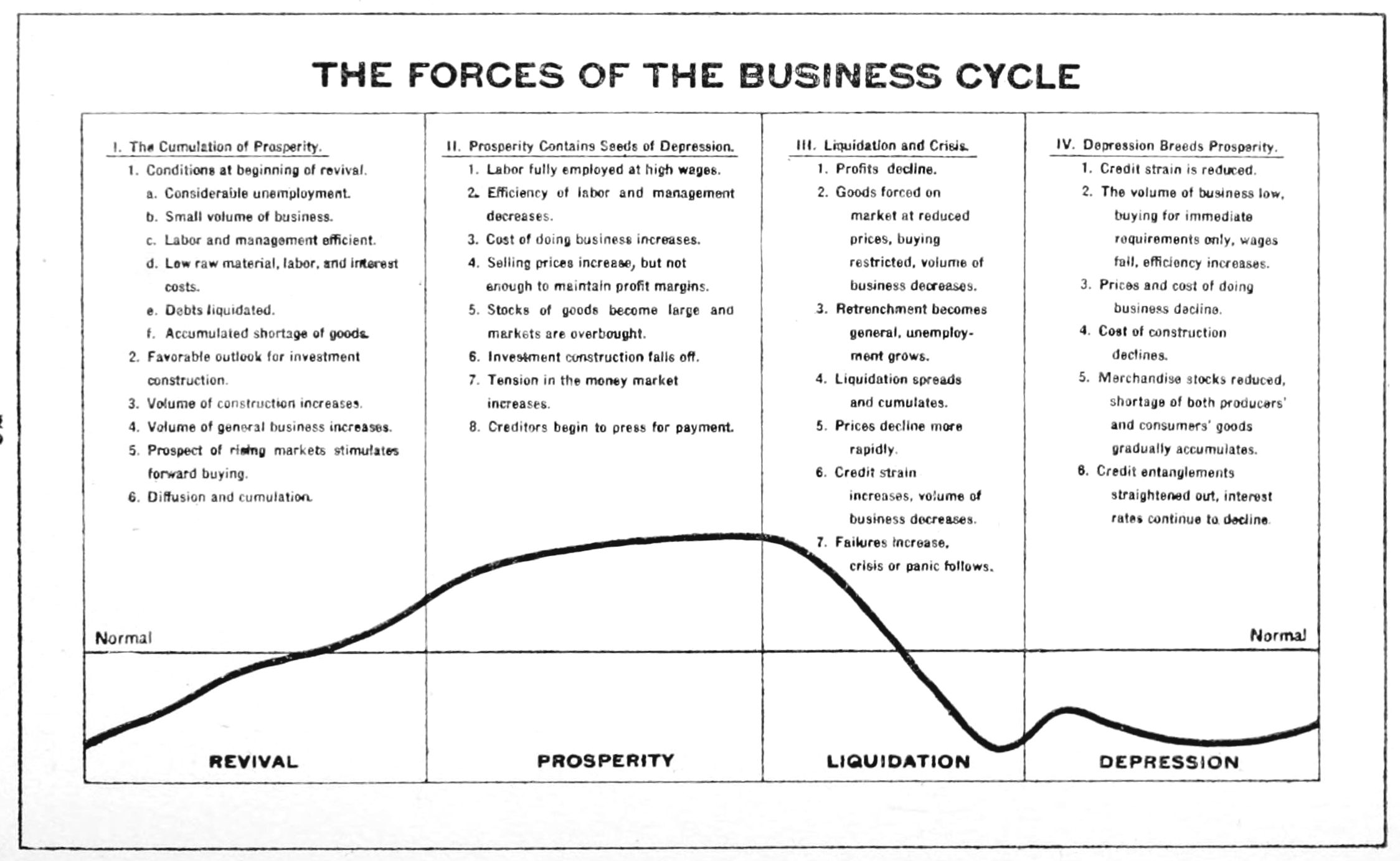|
Nikolai Kondratiev
Nikolai Dmitriyevich Kondratiev (; also Kondratieff; Russian: Никола́й Дми́триевич Кондра́тьев; 4 March 1892 – 17 September 1938) was a Russian Soviet economist and proponent of the New Economic Policy (NEP) best known for the business cycle theory known as Kondratiev waves. Kondratiev became an early leading figure of Soviet economics and promoted the NEP's system of small private free market enterprises in the Soviet Union. Kondratiev's theory that Western capitalist economies have long term (50-to-60-year) cycles of boom followed by depression gained recognition inside and outside the Soviet Union. Vincent BarnettNikolai Dmitriyevich Kondratiev Encyclopedia of Russian History, 2004, at Encyclopedia.com. Kondratiev was condemned and imprisoned in 1930 but continued to publish works until his execution during the Great Purge in 1938. Life Early life and education Nikolai Dimitrievich Kondratiev was born on 4 March 1892 in the Galuevskaya, a vil ... [...More Info...] [...Related Items...] OR: [Wikipedia] [Google] [Baidu] |
Marxian Economics
Marxian economics, or the Marxian school of economics, is a Heterodox economics, heterodox school of political economic thought. Its foundations can be traced back to Karl Marx, Karl Marx's Critique of political economy#Marx's critique of political economy, critique of political economy. However, unlike Critique of political economy, critics of political economy, Marxian economists tend to accept the concept of economy, the economy prima facie. Marxian economics comprises several different theories and includes multiple schools of thought, which are sometimes opposed to each other; in many cases Marxian analysis is used to complement, or to supplement, other economic approaches. Because one does not necessarily have to be politically Marxism, Marxist to be economically Marxian, the two adjectives coexist in usage, rather than being synonymous: They share a semantic field, while also allowing both connotation, connotative and denotation, denotative differences. Marxian economics ... [...More Info...] [...Related Items...] OR: [Wikipedia] [Google] [Baidu] |
Kondratiev Wave
In economics, Kondratiev waves (also called supercycles, great surges, long waves, K-waves or the long economic cycle) are hypothesized cycle-like phenomena in the modern world economy. The phenomenon is closely connected with the technology life cycle. It is stated that the period of a wave ranges from forty to sixty years, the cycles consist of alternating intervals of high sectoral growth and intervals of relatively slow growth.See, e.g. Long wave theory is not accepted by most academic economists. Among economists who accept it, there is a lack of agreement about both the cause of the waves and the start and end years of particular waves. Among critics of the theory, the consensus is that it involves recognizing patterns that may not exist (apophenia). History of concept The Soviet economist Nikolai Kondratiev (also written Kondratieff or Kondratyev) was the first to bring these observations to international attention in his book ''The Major Economic Cycles'' (1925) al ... [...More Info...] [...Related Items...] OR: [Wikipedia] [Google] [Baidu] |
Execution
Capital punishment, also known as the death penalty, is the State (polity), state-sanctioned practice of deliberately killing a person as a punishment for an actual or supposed crime, usually following an authorized, rule-governed process to conclude that the person is responsible for violating norms that warrant said punishment. The sentence (law), sentence ordering that an offender is to be punished in such a manner is known as a death sentence, and the act of carrying out the sentence is known as an execution. A prisoner who has been sentenced to death and awaits execution is ''condemned'' and is commonly referred to as being "on death row". Crimes that are punishable by death are known as ''capital crimes'', ''capital offences'', or ''capital felonies'', and vary depending on the jurisdiction, but commonly include serious Offence against the person, crimes against the person, such as murder, mass murder, Aggravation (law), aggravated cases of rape (often including child s ... [...More Info...] [...Related Items...] OR: [Wikipedia] [Google] [Baidu] |
Encyclopedia
An encyclopedia (American English) or encyclopædia (British English) is a reference work or compendium providing summaries of knowledge either general or special to a particular field or discipline. Encyclopedias are divided into articles or entries that are arranged alphabetically by article name or by thematic categories, or else are hyperlinked and searchable. Encyclopedia entries are longer and more detailed than those in most dictionaries. Generally speaking, encyclopedia articles focus on '' factual information'' concerning the subject named in the article's title; this is unlike dictionary entries, which focus on linguistic information about words, such as their etymology, meaning, pronunciation, use, and grammatical forms.Béjoint, Henri (2000)''Modern Lexicography'', pp. 30–31. Oxford University Press. Encyclopedias have existed for around 2,000 years and have evolved considerably during that time as regards language (written in a major international or a verna ... [...More Info...] [...Related Items...] OR: [Wikipedia] [Google] [Baidu] |
Depression (economics)
An economic depression is a period of carried long-term economical downturn that is result of lowered economic activity in one major or more national economies. Economic depression maybe related to one specific country were there is some economic crisis that has worsened but most often reflexes historically the American Great Depression and similar economic status that may be recognized as existing at some country, several countries or even in many countries. It is often understood in economics that economic crisis and the following recession that maybe named economic depression are part of economic cycles where slowdown of economy follows the economic growth and vice versa. It is a result of more severe economic problems or a ''downturn'' than the economic recession, recession itself, which is a slowdown in economic activity over the course of the normal business cycle of growing economy. Economic depressions maybe also characterized by their length or duration, and maybe showing ... [...More Info...] [...Related Items...] OR: [Wikipedia] [Google] [Baidu] |
Boom And Bust
Business cycles are intervals of expansion followed by recession in economic activity. These changes have implications for the welfare of the broad population as well as for private institutions. Typically business cycles are measured by examining trends in a broad economic indicator such as Real Gross Domestic Production. Business cycle fluctuations are usually characterized by general upswings and downturns in a span of macroeconomic variables. The individual episodes of expansion/recession occur with changing duration and intensity over time. Typically their periodicity has a wide range from around 2 to 10 years (the technical phrase "stochastic cycle" is often used in statistics to describe this kind of process.) As in arvey, Trimbur, and van Dijk, 2007, ''Journal of Econometrics'' such flexible knowledge about the frequency of business cycles can actually be included in their mathematical study, using a Bayesian statistical paradigm. There are numerous sources of business ... [...More Info...] [...Related Items...] OR: [Wikipedia] [Google] [Baidu] |
Capitalism
Capitalism is an economic system based on the private ownership of the means of production and their operation for Profit (economics), profit. Central characteristics of capitalism include capital accumulation, competitive markets, price system, private property, Property rights (economics), property rights recognition, voluntary exchange, and wage labor. In a market economy, decision-making and investments are determined by owners of wealth, property, or ability to maneuver capital or production ability in Capital market, capital and financial markets—whereas prices and the distribution of goods and services are mainly determined by competition in goods and services markets. Economists, historians, political economists and sociologists have adopted different perspectives in their analyses of capitalism and have recognized various forms of it in practice. These include ''Laissez-faire capitalism, laissez-faire'' or free-market capitalism, anarcho-capitalism, state capi ... [...More Info...] [...Related Items...] OR: [Wikipedia] [Google] [Baidu] |
Market (economics)
In economics, a market is a composition of systems, institutions, procedures, social relations or infrastructures whereby parties engage in exchange. While parties may exchange goods and services by barter, most markets rely on sellers offering their goods or services (including labour power) to buyers in exchange for money. It can be said that a market is the process by which the prices of goods and services are established. Markets facilitate trade and enable the distribution and allocation of resources in a society. Markets allow any tradeable item to be evaluated and priced. A market emerges more or less spontaneously or may be constructed deliberately by human interaction in order to enable the exchange of rights (cf. ownership) of services and goods. Markets generally supplant gift economies and are often held in place through rules and customs, such as a booth fee, competitive pricing, and source of goods for sale (local produce or stock registration). Markets can dif ... [...More Info...] [...Related Items...] OR: [Wikipedia] [Google] [Baidu] |
Soviet Economics
Socialist economics comprises the economic theories, practices and norms of hypothetical and existing socialist economic systems. A socialist economic system is characterized by social ownership and operation of the means of production that may take the form of autonomous cooperatives or direct public ownership wherein production is carried out directly for use rather than for profit. Socialist systems that utilize markets for allocating capital goods and factors of production among economic units are designated market socialism. When planning is utilized, the economic system is designated as a socialist planned economy. Non-market forms of socialism usually include a system of accounting based on calculation-in-kind to value resources and goods. Socialist economics has been associated with different schools of economic thought. Marxian economics provided a foundation for socialism based on analysis of capitalism while neoclassical economics and evolutionary economics provided c ... [...More Info...] [...Related Items...] OR: [Wikipedia] [Google] [Baidu] |






.jpg)